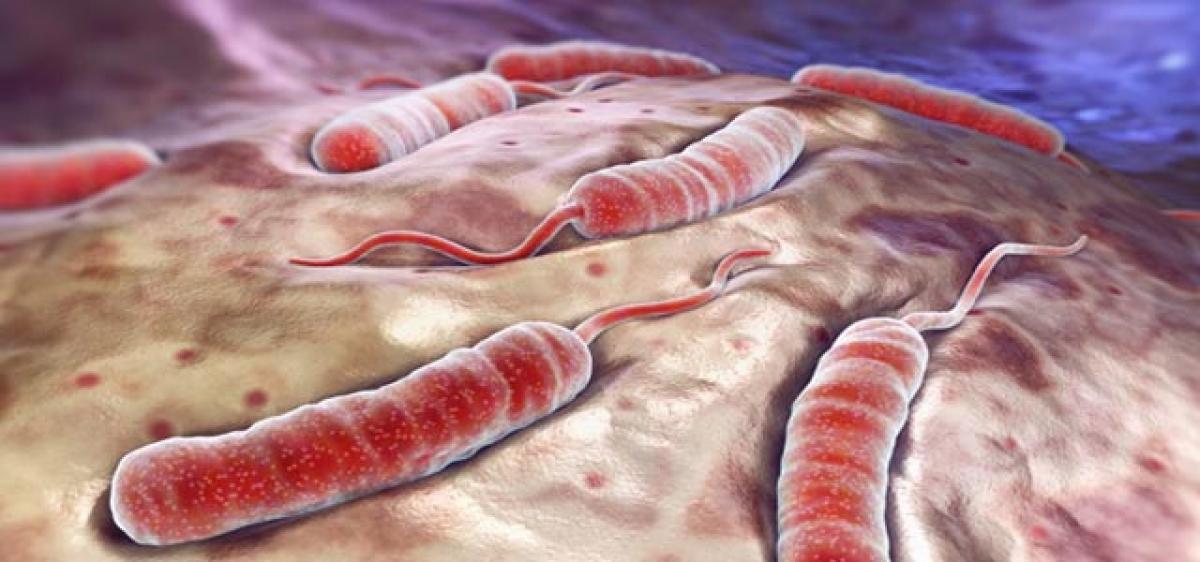Live
- Two autopsy assistants of RG Kar arrested on extortion charges
- Tigress ‘Zeenat’ released into wild in Similipal
- Winning bypolls does not mean Karnataka govt is scam-free: BJP
- SIT and CBI Investigate Adulterated Ghee in Srivari Laddu Prasadam
- 'Hum Honge Kamyaab': MP's social awareness campaign for women's safety
- Kavitha demands Congress govt to implement Kamareddy Declaration on Backward Classes
- Why Switching to Bluesky is Best Move for Your Social Media Experience
- Telangana Rejects Rs.100 Crore Donation from Adani Group: CM Revanth Reddy
- MUDA case: Petitioner claims Lokayukta officers shielding accused
- IPL 2025 Auction: Pant was always in our bucket list, says LSG's Shashwat Goenka









